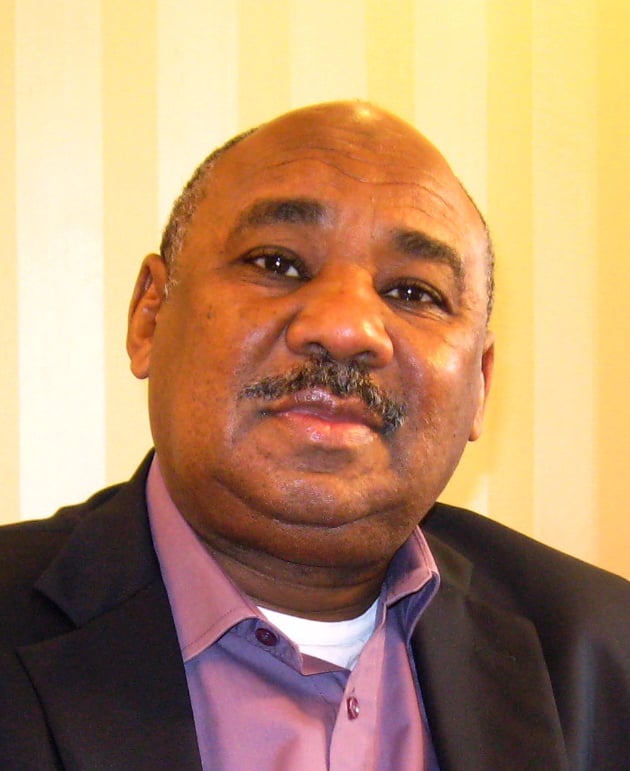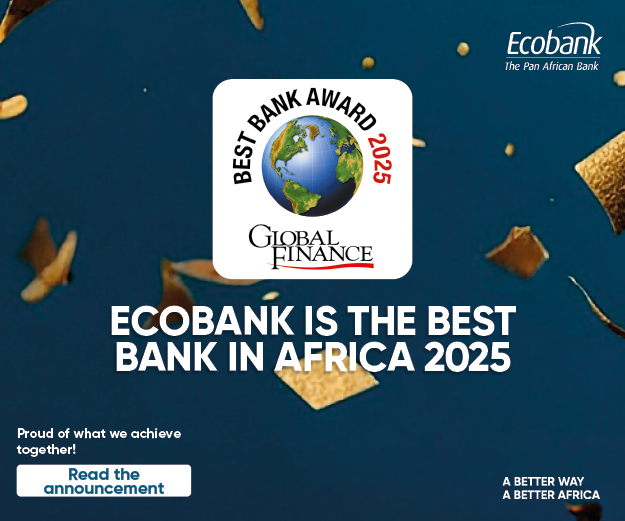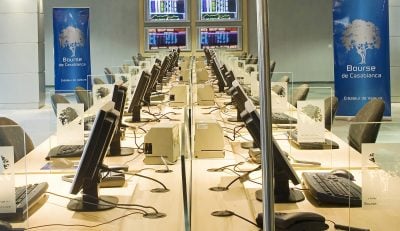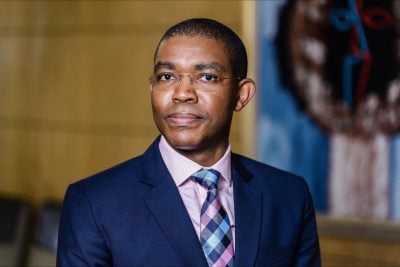In a recent policy note published by the Finance for Development Lab, Daniel Cohen and Ibrahim Elbadawi called for the creation of an African Stability and Liquidity Mechanism (ALSM). Its object would be to provide a financial safety net to help ensure macro-financial stability and reasonable funding costs for African governments by providing a stability mechanism rather than a bail-out facility.
African Business caught up with them to find out more about their proposals.


African Business: What drove you to start looking at a liquidity and stability mechanism for Africa and what are the indicators currently looking like? Where are the red flags and what’s giving you cause for concern?
Daniel Cohen: The starting point really is the fact that we all understand that there is a major crisis coming on. It may be a repeat of what happened in the 1980s when most of Latin America went into default. In the US, Fed Chairman Paul Volcker ramped up interest rates to curb inflation. You had commercial loans with floating interest rates, and so the shock was immediate, creating a financial crisis in Latin America.
This time, the loan portfolio of emerging countries is more diverse with many fixed rate bonds, and we have a year or two before things spiral out of control, which is the time when the peak of refinancing will take place and which we can see will be around 2024.
We have a year or so thinking about these issues. That is why it is important to take the time to set up a diagnosis in order to find proper remedies.
The second thing that has driven our thinking and call for action is the discussion that there has been around SDRs. You had $650bn on the table, there was a lot of expectation as to what this money would be used for. In the end, it’s a bit disappointing. We all know the numbers; Africa has been able to access $33bn, which is minimal compared to what was on the table and much of it will end up back where it came from, in the IMF coffers.
There is a sense of disappointment because we are facing an urgent crisis and this was a huge opportunity to change the rules of the game, so there is a sense of a missed opportunity. That’s what triggered our thinking.
Ibrahim Elbadawi: Africa as a continent lacks a financial backstop in the face of such a major crisis. Also, there is a need to raise credit-worthiness and obviously domestic reforms. Nonetheless, there is a view that is held by us and the Economic Research Forum and those who are involved in this initiative that the Africa risk might be exaggerated because given similar fundamentals compared to other countries and other regions, the riskiness of Africa seems to be perceived as higher than justified.
Another point we wanted to address is the heightened risk of commodity price hikes and volatility. Hedging this risk would be very important. These are some of the considerations that we have focused on, and especially the issue of liquidity as opposed to solvency, but all are fundamental in terms of Africa’s access to finance.
African Business: Professor Cohen, you mentioned the Volcker shock of the early 1980s and there have obviously been other emerging market crises since. Do you fear another repeat?
Daniel Cohen: Absolutely, that is what comes to mind. Again, it’s not at all the same order of magnitude. For the past 10 years there has been a huge amount of liquidity thrown into the world in order to beef up inflation. The impact was really on the financial market, whose effect was to beef up the price of assets and certainly not the prices of goods or wages. We are suddenly in a mirror situation in which the price of wages and the price of commodities are rising and the tool that central banks have at their disposal will be primarily to drain on these liquidities.
What you immediately see is that beyond the interest rate increase, which again at this stage is not exceptional in real terms when adjusting for inflation, you immediately see that the most vulnerable countries, the countries which are badly rated, the countries whose image in the eye of investors are considered risky, you see that their spreads have been shooting up way beyond the rise of the interest rates themselves and beyond their own debt portfolios somehow.
In the case of the 80s there was a real rate increase, an enormous one, this one is more moderate and yet it appears to produce the same effect. When there is a problem, the first thing that happens in the world is that the portfolio manager withdraws their money from the emerging and frontier markets. We cannot afford to see this sort of behaviour of portfolio managers to derail for a second time the growth of the emerging countries.
African Business: Dr Elbedawi, in terms of the IMF, you’ve been a minister of finance – is there a stigma associated with the IMF?
Ibrahim Elbadawi: In the paper there was an ample discussion and I hope it is a persuasive discussion about that. This is not aimed to replace the instruments that are already existing including the IMF and others but to fill in the gaps. Africa needs such a regional mechanism in order to complement the existing instruments especially in addition to responding to Covid and now the war in Ukraine.
There is also now an increasing awareness about the importance of a longer term preparedness for climate change. African countries are no longer in a position to replicate the experiences of the East Asian countries whereby manufacturing can become an escalator for growth as well as a place for creating jobs. The social agenda is going to be quite demanding and quite important and critical.
We think that in the light of the peculiar situation of Africa, the new syncretic characteristics of Africa having kind of to live under the shadow of riskiness and the riskiness of debt and so on, it’s very important to have such an initiative.
It certainly cannot replace the standard kind of instruments which are actually designed to deal with insolvency issues. This initiative is designed to deal with liquidity issues which are unfortunately particularly acute for Africa.
African Business: Professor Cohen, how are you going to ensure that it’s those who behave well financially that benefit from the solutions that you are offering?
Daniel Cohen: That’s a critical question. My way of answering it is to differentiate across groups of debtors. Some countries, badly rated and which only accessed world financial markets because of the very large amount of liquidity available, are discovering that these markets are now closed and that they won’t be tapping international capital in the foreseeable future.
Laying a clean slate and forgetting accessing financial markets should be the way to go. Public money should take preeminence with one simple rule: no debt should be granted to a cost above the growth rate of the economy. But this may apply to some nations only.
Many countries worked hard to earn their credibility and they don’t want to be written it off like that. They want to fight for their credibility. We live in exceptional times with Covid, war in Ukraine, the explosion of food and prices for raw materials and it’s a bad moment to work through. Let’s learn the lessons of this crisis to create new market instruments, beefed up perhaps with liquidity. Maybe beefed up with some kind of first loss instruments.
Let’s not ruin the reputation of these countries and think to the new class of instrument in the spirit of the Brady Bonds that were created after the Latin American debt crisis. Let’s think about it to enhance the quality of debt knowing that low rates are something of the past to a certain extent. Learning our best to leverage on the financial markets rather than simply ruling them out.
Daniel Cohen is dean of the Paris School for Economics and Ibrahim Elbadawi was formerly finance minister of Sudan.
Want to continue reading? Subscribe today.
You've read all your free articles for this month! Subscribe now to enjoy full access to our content.
Digital Monthly
£8.00 / month
Receive full unlimited access to our articles, opinions, podcasts and more.
Digital Yearly
£70.00 / year
Our best value offer - save £26 and gain access to all of our digital content for an entire year!

 Sign in with Google
Sign in with Google 




